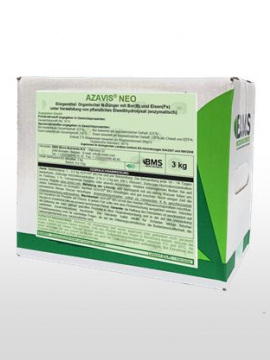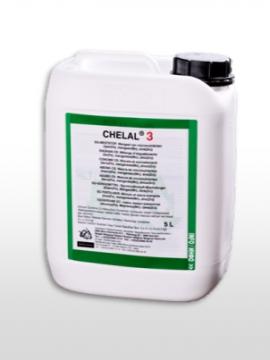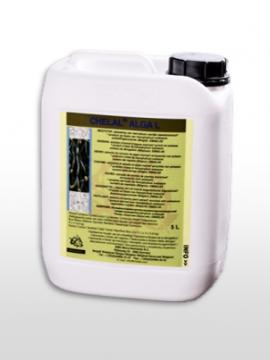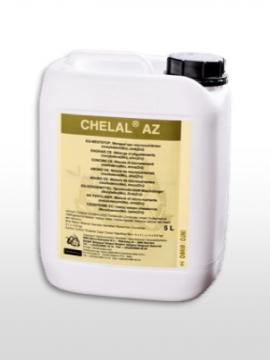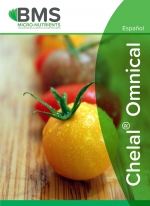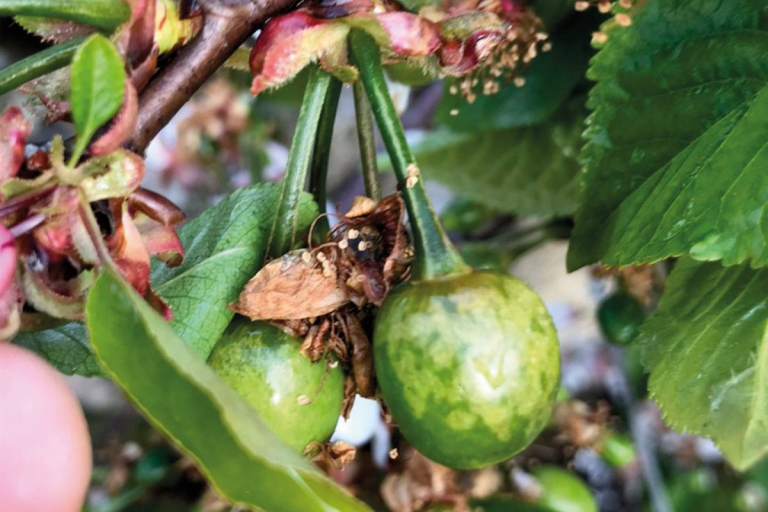You are here
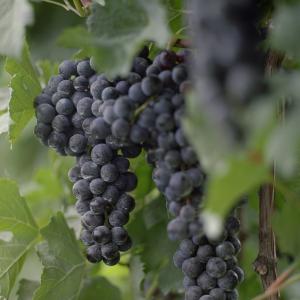
Grapes
Moderate to high sensitivity to the deficiency of: Mg, B, Fe, Mn, Zn
Low to moderately sensitivity to the deficiency of: Cu
(the sensitivity to the deficiencies of these nutrients can vary in function of the variety)
Grapes in general and wine grapes in particular are sensitive to various deficiencies, which occur in function of the variety of de vine, the specific soil conditions and the climate.
Deficiency of iron and manganese
Iron and Manganese deficiency are the most frequent ones on calcareous soils. The symptoms of iron deficiency are the typical complete yellow discoloration of the youngest leaves on the youngest shouts. On the other hand the first symptoms of Manganese deficiency are observed on the already completely developed leaves. It is a discoloration first pale green and then yellow, giving the leaf also a marbled look.
Deficiency of boron and magnesium
Other frequently observed deficiencies are these of boron and magnesium. Boron deficiency reduces fruit set and cause the “hen and chicken disease” (small and large berries on the same bunch. The Magnesium deficiency causes a a red or yellow discoloration (in function of the type of vine) of the oldest leaves near the bunch. The Magnesium deficiency is frequently caused by an excess of Potash fertilization.
It is important to observe the crop at all times in order to assure a balanced nutrition of the plant, and to avoid deficiencies which not only cause the visual symptoms on the leaves but also have an important influence on the quality of the production.
Our NTF program (Nutrition Totally Foliar) will allow nourishing the crop completely foliar (with macro and micro elements) avoiding deficiencies and assuring the nutritional balance, and thus guaranteeing a superior quality of the production.
NTF on pinot noir
Since many years the technique of “Total Foliar Nutrition” (NTF) has been used in many wine producing areas in Europe. Since 2012, BMS Micro-Nutrients did a special effort in order to introduce this innovative and ecological approach in the most prestigious wine region in the world, the Champagne region.
During this 4th season of experience we again got the confirmation that this technique is valuable and interesting at different levels:
1. Because of the small amount of fertilizer used (10 – 15 kg/ha in the NTF technique compared to 800-1500 kg/ha in the traditional) it is certainly economical.
2. A direct effect of the smaller amounts of fertilizers used, is that there will be less contamination and leaching of Nitrogen into the ground water, and also an important reduction in the movement of goods (logistical), and consequently a reduction in the CO2 emission related to it.
3. Productions levels, as well in quantity as in quality, are often similar or even better, but this will a smaller input of fertilizers.
4. Often we observe also that plants treated according to the NTF programs are more balanced. If the growth is to vigorous, it will be more under control, but on the contrary, when the plant is lacking growth, the growth can be stimulated. If certain deficiencies are present, the program can be completed in order to avoid these deficiencies.
5. If Chelal Omnical is added to the general program, also a reduction on the botrytis infection is observed.
A resumé of the trial results in 2015:
A. Union Auboise: program with Kappa V and Fructol NF in order to improve the vigour of the plants on plots with grass in between the lines (1 line out of 2), compared to application of fertilizers to the soil (3 different plots), pinot gris
All 3 plots treated with foliar applications(NTF) were better in chlorophyll index, height and diameter of the internodes, obtaining the goal of improving vigour. The symptoms of hydric stress were less severe on the plots receiving NTF, and in 2 out of 3 plots the concentration of nitrogen in the juice increased, the anthocyanin concentrations were better and in all 3 fields the weight per bunch was better.
B. Licence Professionnelle Agroressources et Environnement Spécialité viticulture et Environnement: on 4 fields with different production methods (vegetated strips of grass, vegetated strips of clover, naked soil, and biological). In each case the differences in all measured parameters were insignificant meaning that the NTF program is valid and stands up compared to all types of production methods.
These new developments in the way we can fertilize Champagne grapes have not gone unnoticed. The local press has reported on increasing possibilities of it.
